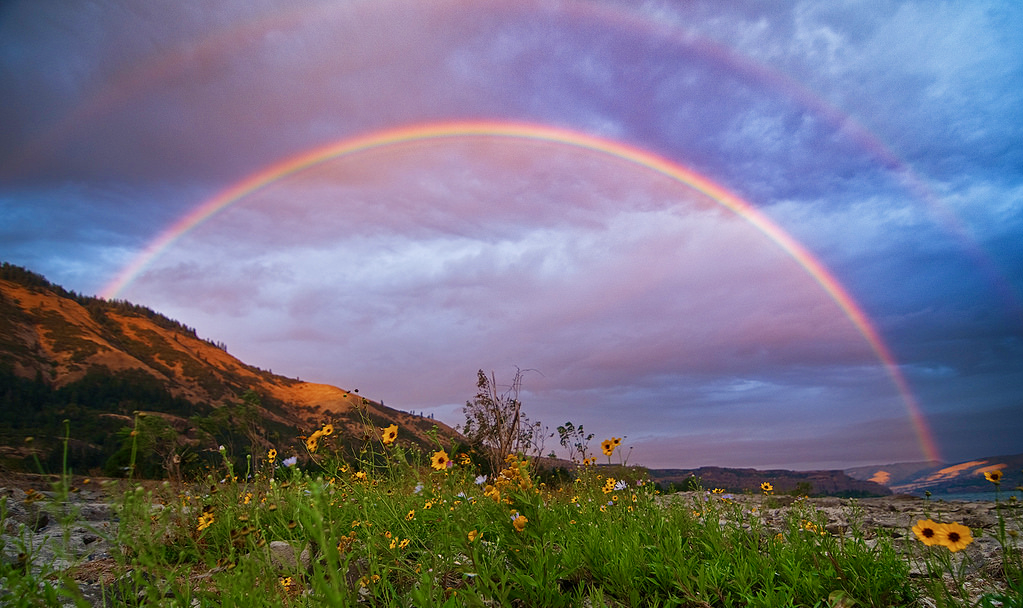Facing Loss
In times of loss and pain, our mind has a tendency to disengage, becoming disenfranchised from our experience, or our thoughts and emotions become so turbulent that we overindulge them.
Facing loss can bring about an epiphany that awakens individuals and family members to the importance of healing old wounds, and reordering priorities for deeper and more meaningful relationships. In order to experience such a shift, the heart and mind must be fully engaged and present. When the heart opens fully to such an experience, one becomes less self-focused, allowing our own pain to dissipate as we become aware of our connections.
Awareness, acceptance, and meaning-making surface through the reflective therapeutic process and can help mediate difficult emotions and contribute to transformational growth. Mindfulness practice allows one to accept these thoughts and feelings as they surface, rather than suppressing or overindulging them, while the reflective therapeutic process can create the space that is needed to inspire existential awareness, acceptance of the loss and meaning-making.
The future is and always will be an unknown experience, death is no different. Our perceptions of death can guide our intentions and hopes of the unforeseen reality that awaits us all. We can choose to avoid engaging death, or we can acknowledge it, accept it, and liberate ourselves from fear of the unknown. Through both avoiding and accepting death we perceive life. If our intention is to live a life that is truly free from fear then the process of accepting our own mortality proves to be advantages. In fact, in some cases, those who are forced to face death through extreme circumstance often times gain a deep appreciation for life and begin to live more authentic and free.
It is no coincidence that we quickly learn to embrace life when we are confronted with death, either through a terminal illness or a loss. Why then do so many people wait till death is obvious to acknowledge it? Are we not in the process of dying everyday? How might we use this existential knowledge to grow as human beings, to live and love more fully, to be happier people, both for ourselves and others?

